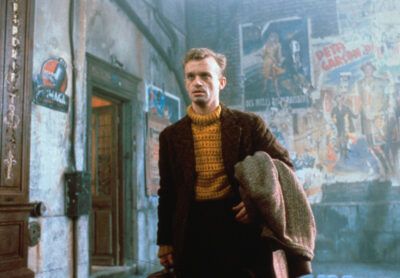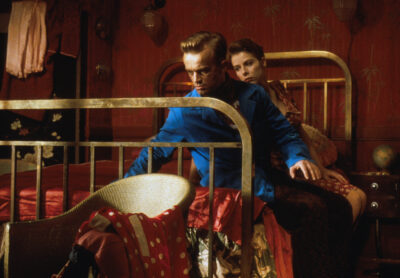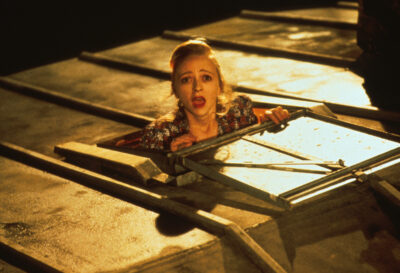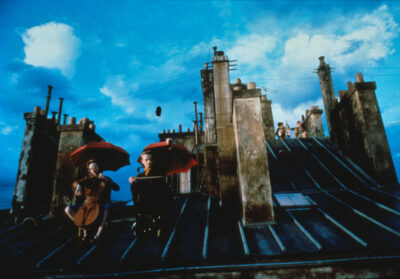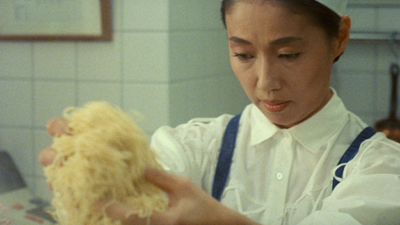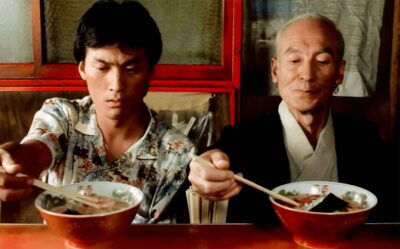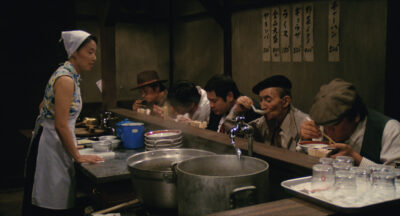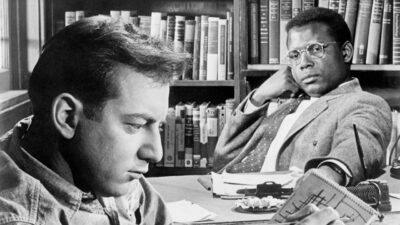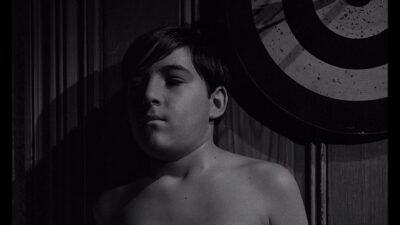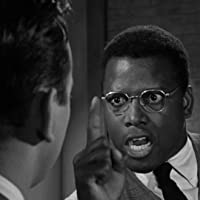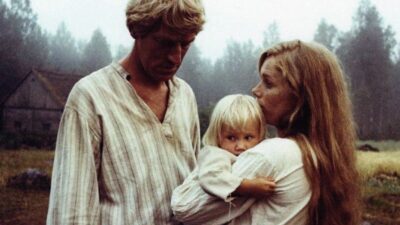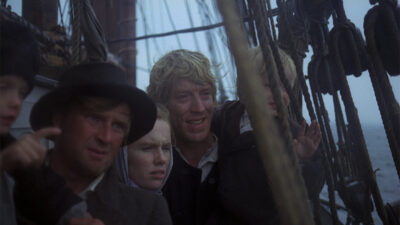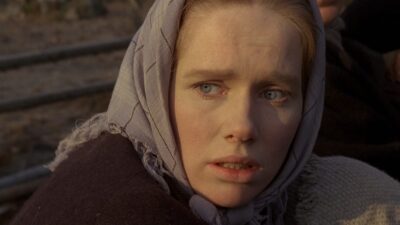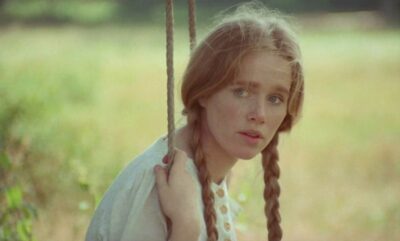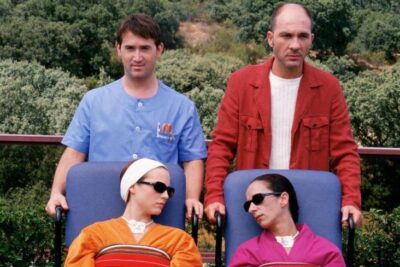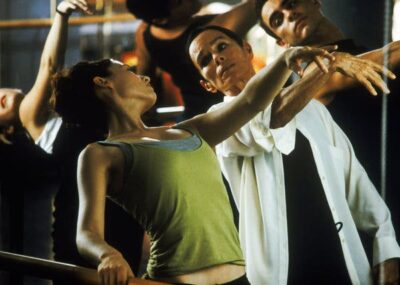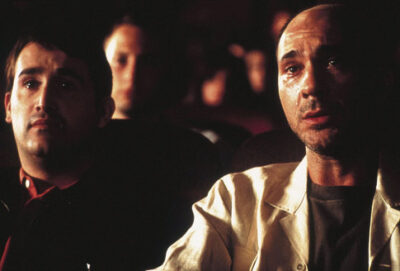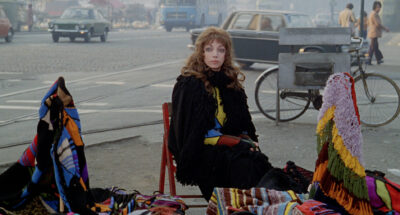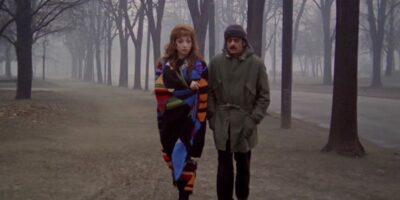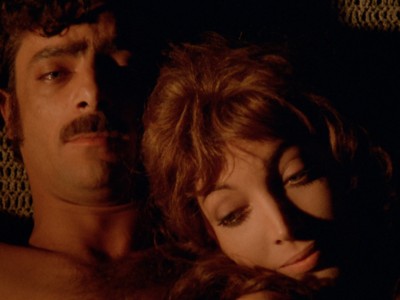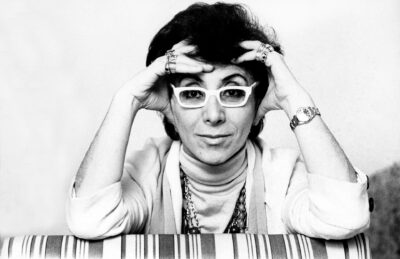Laemmle Theatres and the Anniversary Classics Series present a 35th anniversary screening of Stanley Kubrick’s savage anti-war drama Full Metal Jacket, which scored a box office success in 1987 and also earned an Oscar nomination for Best Adapted Screenplay. Kubrick, celebrated Vietnam author Michael Herr, and Gustav Hasford adapted Hasford’s 1979 novel, The Short-Timers. The acclaimed cast includes Matthew Modine, Vincent D’Onofrio, Adam Baldwin, Dorian Harewood, and R. Lee Ermey. D’Onofrio will join for a Q&A after the 7 PM screening at the Royal on Tuesday, September 13.
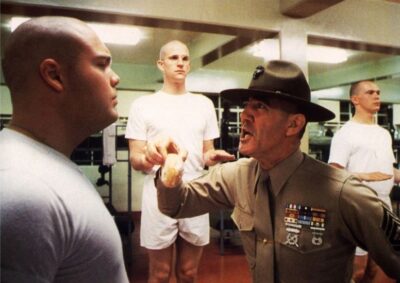
Kubrick came late to the Vietnam war movie cycle, after such Oscar-winning films as Coming Home, The Deer Hunter, and Platoon. But he added his own sardonic and biting slant to his dissection of the terrible war. One of Kubrick’s early celebrated movies was his 1957 drama Paths of Glory, set during World War I. And his 1964 Oscar nominee, Dr. Strangelove, took a unique black comic approach to the terrifying subject of nuclear annihilation. Some of the same dark humor freshens Full Metal Jacket, though it also contains deadly serious depictions of brutal basic training as well as the horrors of a misguided, doomed war.
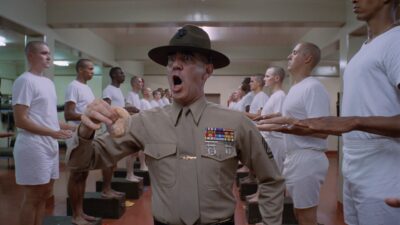
The first section of the film dramatizes the basic training of a platoon of Marine recruits at Parris Island, South Carolina. Former real-life drill instructor R. Lee Ermey portrays the savage sergeant in charge of the soldiers’ training. Ermey improvised much of the scathing and scatological dialogue, based on his own personal experience as a sergeant during the Vietnam War. He bullies and brutalizes all of the recruits but takes special pleasure in tormenting the overweight soldier played by D’Onofrio, whom he nicknames Gomer Pyle. Modine tries to protect D’Onofrio, with little success.
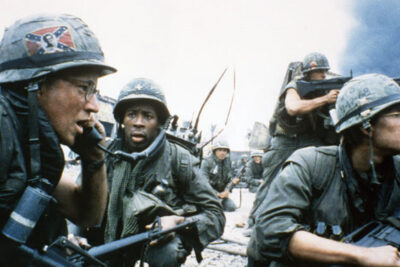
When the action shifts to Vietnam during the Tet offensive, it retains its hard-edged, nihilistic spirit. The entire film was actually shot in England, but Kubrick and his technical crew did an extraordinary job of recreating an American military base and the cities and jungles of Southeast Asia without ever leaving the English countryside.
Critical reactions to the film were very strong. Gene Siskel called Full Metal Jacket “a great piece of filmmaking.” The Los Angeles Times’ Sheila Benson wrote, “Aiming for minds as well as hearts, Kubrick hits his target squarely.” The Chicago Reader’s Jonathan Rosenbaum raved, “This is the most tightly crafted Kubrick film since Dr. Strangelove, as well as the most horrific.” The New York Times’ Vincent Canby called it “a film of immense and very rare imagination.” Canby’s Times colleague Janet Maslin added, “No one who sees Full Metal Jacket will easily put the film’s last glimpse of D’Onofrio, or a great many other things about Kubrick’s latest and most sobering vision, out of mind.”
After his breakthrough performance in Full Metal Jacket, D’Onofrio went on to co-star in such films as Mystic Pizza, JFK, The Player, Ed Wood, The Whole Wide World, Men in Black, Jurassic World, and Steal This Movie, in which he played Abbie Hoffman. He had a ten-year run in Law and Order: Criminal Intent. More recently he has appeared in the series Daredevil, Godfather of Harlem, and Ratched. Last year he had a major role as Jerry Falwell in the Oscar-winning The Eyes of Tammy Faye.

